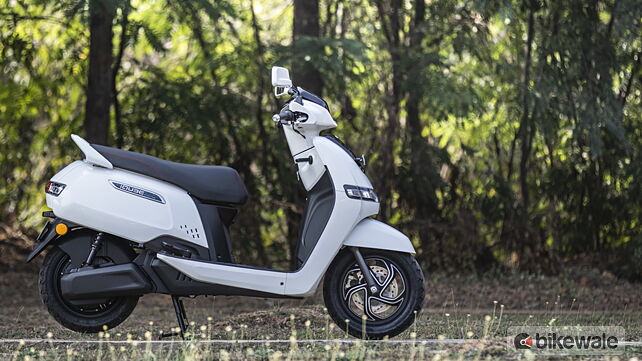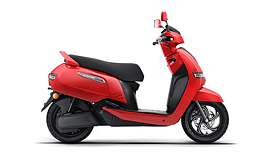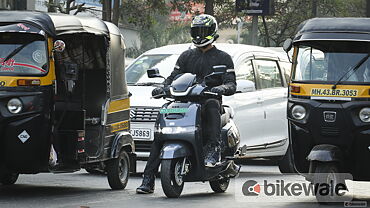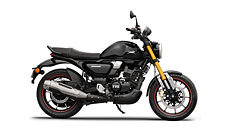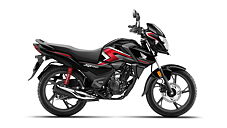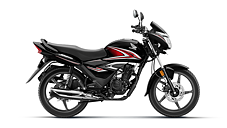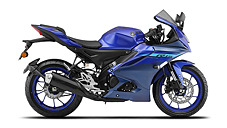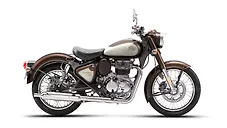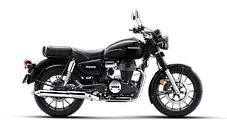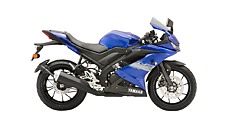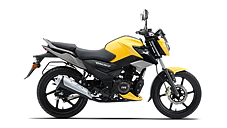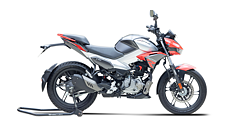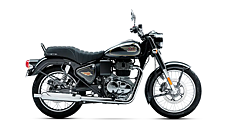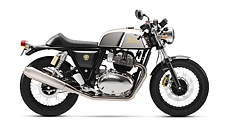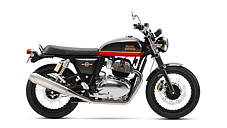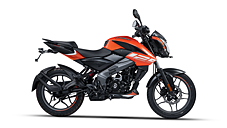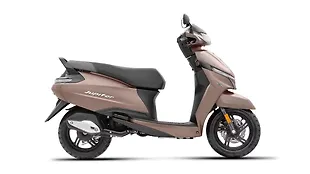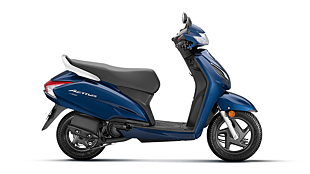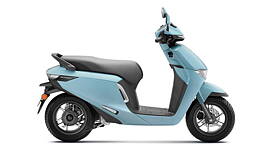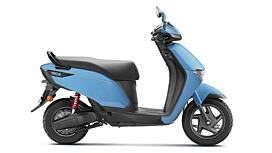Introduction

As we embrace the switch from internal combustion engines to electric vehicles, four and two wheeler manufacturers have already started trickling in with EV products in a bid to get ready for the electric future. When it comes to two wheelers, especially scooters, we already have a few EV scooters on sale in the form of Ather and our very own Bajaj with the lovely Chetak. Obviously TVS couldn’t have stayed behind and had recently launched the iQube. Being their first modern generation production EV, we were pretty excited to have a go at it.
The Visuals

For a futuristic product like this, the design can usually swing both ways. You either have something that looks right out of a sci-fi movie, read Ather or something that revisits the golden era like the new Chetak EV. TVS however has aimed for middle ground. The overall silhouette is pretty much of a conventional scooter, in fact it’s pretty reminiscent of TVS’ own Jupiter.

Viewed from the front, the vertical lighting strip which includes LED headlamps is perhaps the only thing that highlights its futuristic design intentions. The handle-bar assembly has been designed smartly too and the square shaped rear view mirrors look pretty funky. The side profile is nothing dramatic but boasts of proportional lines with those funky razor blade-type alloys adding to the cool factor. Finishing up things at the rear is the tail-lamp strip and an illuminating logo. Overall, we like how the iQube maintains a good balance of futuristic and conventional design.
The Package

With the Ather and the Chetak already offering a bucket-load of features, it was obvious that TVS would step up its game. So like in its other products, the iQube gets all the Smart Connect features too. Once connected to your phone it’s got as many as 60 features which includes incoming call alert, remote charge connect, geo-fencing, turn-by-turn navigation and more. The five-inch TFT cluster has decent sunlight legibility and gives out a barrage of important information.

Other features that add further value include the LED lights all around, USB charger, hazard warning switch, home charger installation, live vehicle tracking, park assist and more. The under seat storage can accommodate a full-sized helmet thanks to its 21-litre capacity.
What we thought could have been better are the plastics used for the buttons and switches. They feel a little cheap on what otherwise looks and feels like a premium scooter.
The Ride

Powering the iQube is a hub mounted electric motor that gets a peak power output of 4.4 kW which is roughly around 6bhp, but what is impressive is the maximum torque at 140Nm and that is the important figure. The scooter gets two riding modes to choose from, Eco and Power. Even in Eco mode it feels enough to take on the city traffic however the speed is limited to 50kmph.

Switch to power mode and it almost feels like another motor has been added. Acceleration gets a lot more brisk and the speedo numbers keep climbing till you hit 80kmph and that’s not bad at all considering this is a an electric scooter. What is also impressive apart from the acceleration is the refinement. Even between 65-70kmph there is absolutely no humming from the motor and all I could hear was the wind hitting my helmet. We know that EV vehicles are silent but TVS has taken this quietness to another level.

Now let’s get to the most important part, the range. So with the quick charger that TVS provides and installs with the scooter as of now, a full charge for the three Li-ion battery packs takes five hours. TVS claims that in actual conditions a full charge will last for 75km and if ridden with an even lighter throttle and taking advantage of the energy regeneration, it should even last for a 100km. Ridden in power mode only, the range drops to 55km. With a mix of both modes one can expect an effective range of 60-65km but that can only be verified once we put it to the test in actual conditions.

Riding the iQube around TVS’ test-track, which is a mix of two long straights and a long sweeping corner, the scooter impressed with its handling. The iQube gets a telescopic suspension up front and dual shock absorbers at the rear along with 12-inch wheels and this set-up on the track felt brilliant. Minor undulations were taken care of easily and even while cornering the bumps did not seem to upset the scooter.

Braking duties are taken care of by a 220mm disc up front and 130mm drums at the rear. Now the bite from the disc felt pretty strong, however even with linked braking, if one only used the rear brakes, the rear wheel tended to lock up, something that TVS will be looking into. Overall we think the iQube is a good handling scooter, but the ride quality we shall comment on only after putting it through some potholes and bad roads.
Our Take

Let us first begin by saying that even if you liked what you read, the iQube is only available in Bangalore for now and TVS will begin rolling it out in other metro cities soon. Now let’s get to the price. At Rs. 1.15 lakhs on road, the iQube is bang on par with the recently launched Bajaj Chetak and the Ather 450X. They are also pretty much on par when it comes to range and performance, but it’s a close tie between the Ather and the TVS when it comes to features. So if the Ather is too radical and you find the Chetak a little lacking for its price, the iQube fits the bill perfectly.
Photography by Kapil Angane
Gallery
1/138
TVS iQube Right Side
Double Tap to Zoom











